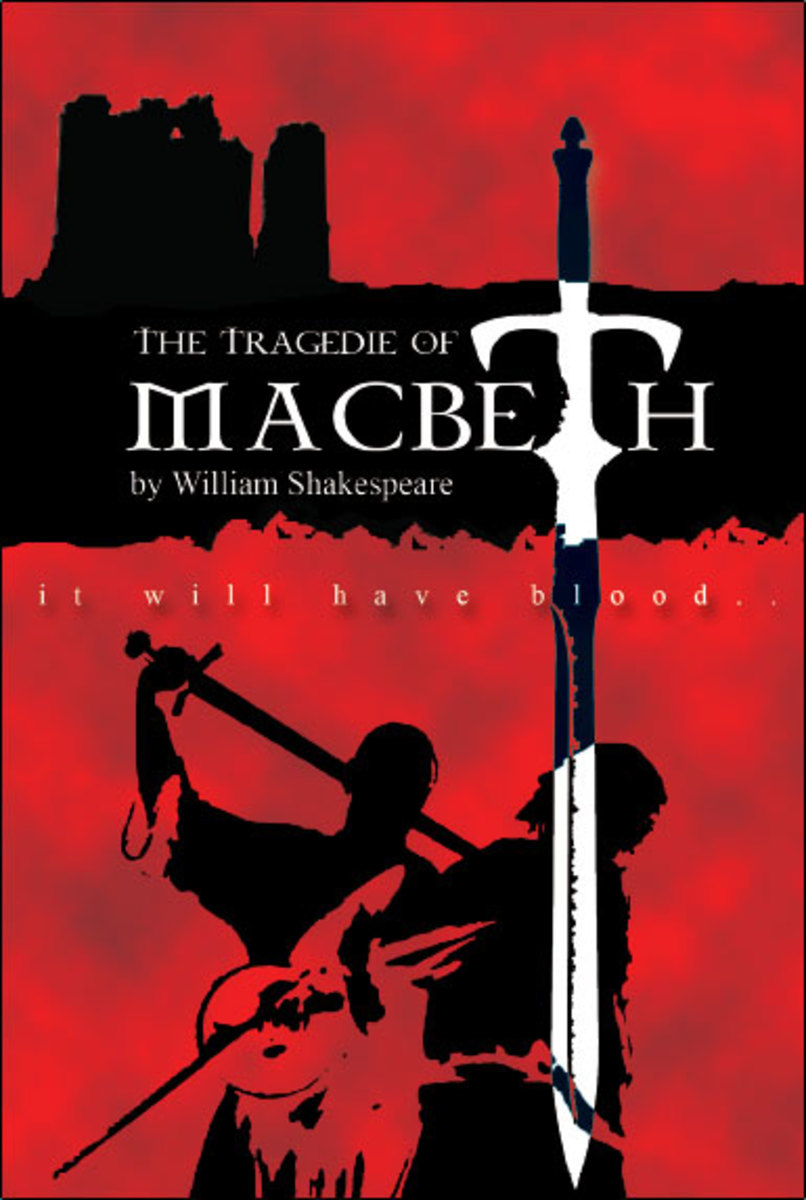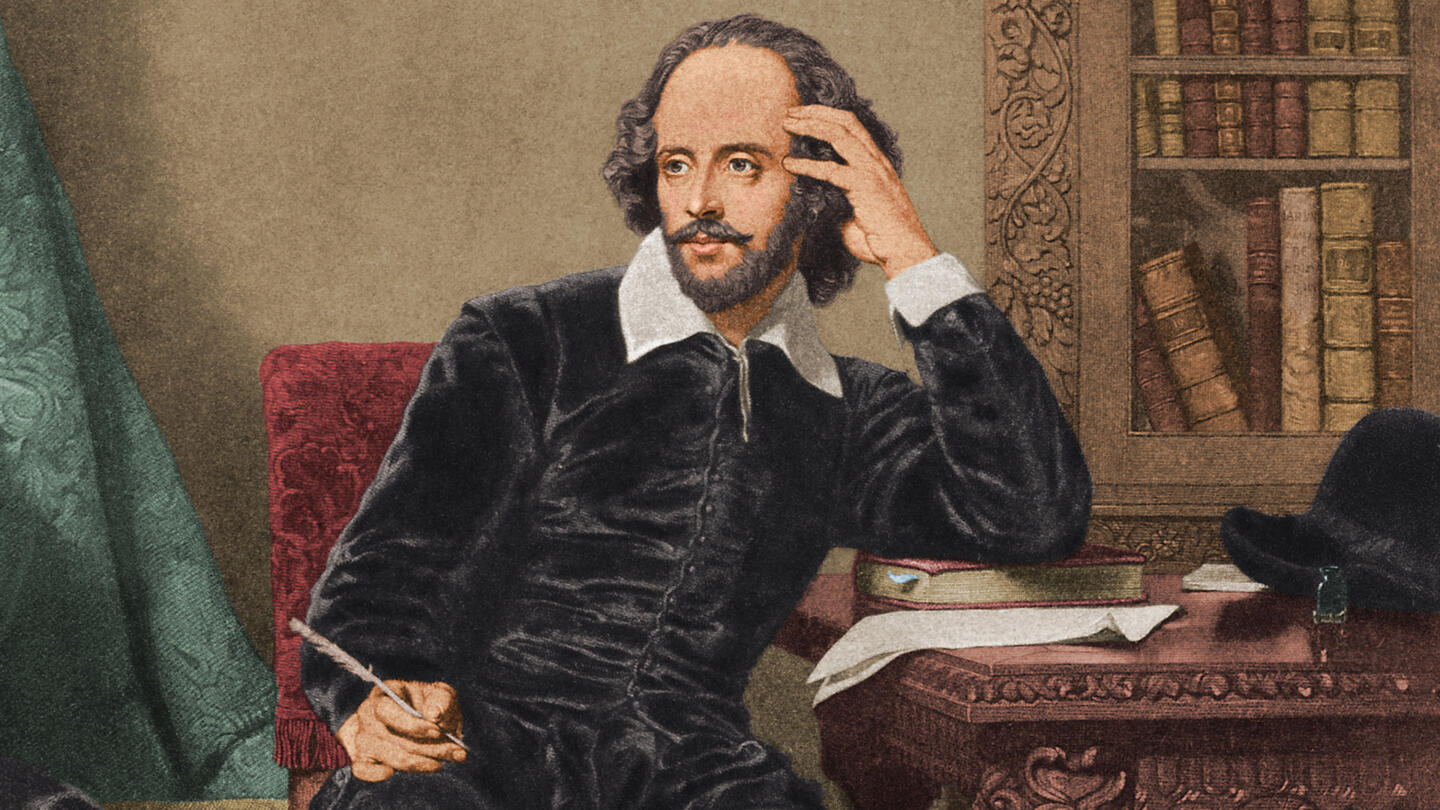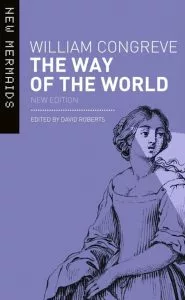Shakespeare’s “Macbeth”: A Tragedy of Over-Ambition (Early 17th-Century Literature)

“Violent in action and memorably written, difficult to perform and yet extraordinarily popular on stage, William Shakespeare’s ‘Macbeth’ strongly resists critical and theatrical exposition.”
-A.R. Braunmuller
Authored by renowned playwright, poet and dramatist William Shakespeare probably between 1599-1606, the five-act tragedy “Macbeth” chronicles the story of an ambitious, conscience-stricken and imaginative Scottish General- Macbeth who was tantalized by his wife, Lady Macbeth or more likely his political ambition for the throne to assassinate the monarch of Scotland, King Duncan. Through this humanist document of political-ambition, Shakespeare reflects on the violent struggle for political power, courtly conflicts, and the psychological destruction of one’s conscience in the fragile pursuit of self-centric interests. Although appreciated as Shakespeare’s finest tragedy, Macbeth has been inspired by considerable other sources, like Daemonologie and Holinshed Chronicles.
The present article comprehensively analyzes Shakespearean tragedy, namely-“MACBETH” and then compares it with “HAMLET” and “KING LEAR” to analyze the key features of magnum opus tragedies by Shakespeare and to understand the crucial differences between Shakespearean tragedies and classical tragedies.
Amid rebelling winds, thunderstorms and lightning, Macbeth and Banquo, the Generals of King Duncan of Scotland, encounter three weird witches, upon a heath while returning from the victorious campaign against Norway and Ireland. The trio prophesizes that Macbeth shall be the Thane of Cawdor, Thane of Glamis and the king hereafter and that Banquo shall beget kings though he is none and immediately afterwards comes the news that the king had declared Macbeth as the Thane of Cawdor. Tantalized by the fulfilment of half of the prophecy, Macbeth started to fantasize about becoming the king. Here, the deteriorating weather is an ominous indication of the process of psychological devastation of the eponymous hero of the play.
Admired for their indomitable courage and bravery, Macbeth and Banquo were called to spend the night at Inverness with King Duncan and through a messenger, Macbeth’s wife also comes to know about the witches prophecy. Enchanted by the prediction, she persuades her husband to murder the king that very night for acquiring the throne. She reveals his ambition and aptitude to be the sovereign ruler so to convince him that dreams can only be achieved through immoral behaviour, as stated:
Thou wouldst be great
Art not without ambition, but without
The illness should attend it (1.5)
Surrounded by confusion and supernatural portents, Macbeth compared his ethical predicament of ambition vs. ethics to the complex metaphor of horse-riding. He speaks-
I have no spur
To prick the sides of my intent, but only
Vaulting ambition, which overleaps itself
And falls on the other (1.7)
Through this metaphor, Macbeth discloses his reluctance and lack of motivation to murder the king for accomplishing his political ambition. He tells himself that the protection of the subjects, the establishment of truth and peace is the function of the king and not to murder someone while he is asleep. He compares himself to the horse-rider who can’t spur his horse to move faster because if they over-estimate their ability to achieve their ambitions and leaps faster, they will end up falling on the ground. Typically through soliloquies, Shakespeare attempts to delve into the personal conflicts, psychological mind-state and intentions of the characters and through this soliloquy, Shakespeare reflected the ethical dilemma of the protagonist.
Although having decided to not kill the king, Macbeth was spurred on by his wife and eventually, he, under tension, assassinate King Duncan who is on a visit to his castle. In the aftermath of this heinous crime, he comes to his wife with his bloodied hands and laments that not even “all great Neptune’s ocean wash this blood, Clean from my hand?” Here, the blood is the symbolism of inescapable guilt that germinated from the immoral action. Here, Shakespeare uses dramatic language to imply that the world’s ocean can’t purify him or remove the blood from his hands but instead the blood could redden all the world’s oceans. His language connotes that the impending results of his immoral acts won’t be easily concealed, even though his wife suggests that blood can be simply washed away.
As the news of Duncan’s demise spread, his sons, Malcolm and Donalbain, escaped to England and Ireland to protect themselves from the murderer and consequently, Macbeth assumes the crown. To falsify the prophecy of the witches regarding Banquo, he orders the murder of Banquo and his son Fleance, but the latter escapes. Pestered with this unending chain of crimes, Macbeth, in Act-3, says- “To be thus is nothing, but to be safely thus” which reflects his restlessness and insecurities as a king. He thinks how meaningless his political ambition is, that had only brought anxiety and paranoia to him. He is neither certain that his royal lineage shall continue on the throne after his demise nor he is peaceful because of the vicious chain of violent murders, he had to commit to ensuring his position as King. Through this line, he reflects the fragility of his accomplishments and his political ambition when achieved in an unethical manner.
For celebrations of achievement, Macbeth invites his wife and others to a banquet where he was haunted by Banquo’s ghost. Under horrors and tremors, he says to the ghost-
Thy bones are marrowless, thy blood is cold
Thou hast no speculation in those eyes (3.4)
Macbeth’s hallucination of the ghost reveals his inescapable guilt over decreeing the murder of Banquo and his young son. In extreme guilt, he loses his sense of self-control and cannot clarify what’s real and what’s merely an illusion. The guests were wondering over the strange behaviour of Macbeth while he tries to reassure himself that Banquo is truly dead. In doing so, he reveals that his tormented consciousness is leading him to start losing his grip on sanity. Amid crazed outbursts of fear and anxiety, he tells his wife-
I am in blood
Stepped in so far that, should I wade no more,
Returning were as tedious as go o’er. (3.4.142–144)
Shaken by the vision of Banquo’s ghost, Macbeth tells his wife about his difficulty to remain tranquil and calm after committing such horrendous crimes one after the other. Here, blood symbolizes both Macbeth’s guilt and his newfound resolve to preserve his own life. To find a solution, Macbeth consults the weird witches once again and is told to beware of Macduff, the thane of Fife; that none born of woman has the power to harm him; and that he never will be vanquished till Birnam Wood shall come to Dunsinane. Now, he felt relieved because he knew that everyone is born of a woman and the forests can not move.
After some time, Lennox tells Macbeth that Macduff has joined Malcolm, who is gathering an army in England. He angrily orders to seize the castle of Macduff and to slaughter Lady Macduff and her children. In the climax act, Lady Macbeth goes mad and dies.
Out, damned spot! Out, I say!. . Who would have thought the old man to have had so much blood in him? (5.1.25–28)
Wandering around the castle in madness, Lady Macbeth reaches the room where King Duncan was murdered. She tries to wash out the invisible imaginary bloodstain, a symbol of her guilt and cope with the consequences of her actions that are psychologically traumatizing her. No matter how much she tries to repent, the violence and death cannot be undone. Ironically, she couldn’t herself remove the blood that she believed can be simply washed out.
In England, the army of Macduff and Duncan’s son Malcolm attacks Macbeth; passing through Birnam Wood every man cuts a bough and under these ‘leavy screens’ marches on Dunsinane. Just before the arrival of the army, Macbeth learns that his wife had killed herself. He distressingly speaks-
There would have been time for such a word.
Tomorrow, and tomorrow, and tomorrow
Creeps in this petty pace from day today
To the last syllable of recorded time
Through this soliloquy, Macbeth reveals the pointlessness and futility of life where every next day is the monotonous repetition of the previous one until the last syllable of death. Now, he realizes the great evil that he has done, which has brought about his wife’s death. He begins to realize that the Witches’ second prediction will come true: Banquo’s line will become kings, not his. Even then, he convinces himself that no one born of a woman can kill him but here Macduff, declares that he is ‘from his mother’s womb | Untimely ripp’d,‘ i.e. Caesarean Section. It makes clear that Macduff kills Macbeth. Malcolm is hailed king of Scotland and the social order of truth was restored.
INTERTEXTUAL ANALYSIS OF SHAKESPEREAN TRAGEDIES:

According to the classical philosopher, Aristotle-“Tragedy is an imitation not only of a complete action but also of incidents arousing pity and fear.” Aristotle believes that catharsis i.e. the spontaneous outburst of emotions of fear and pity is the ultimate objective of tragedy. Generally, the classical tragedies have defined characteristics, like anagnorisis, peripeteia and hamartia etc. to achieve the element of catharsis but Shakespearean plays have utilized many different techniques to amplify the intensity of catharsis, that are outlined below:
- Unlike the Classical concept and definition of a tragic hero, Shakespearean tragedies generally have noble heroes of high status who possess within themselves-a tragic flaw- which during the drama grows until it overcomes his virtues and leads to his downfall and the destruction of his world. For instance- King Lear overvalues appearance over reality and therefore, he is incapable to detect true love; Prince Hamlet had a negative feeling to vow revenge against his uncle, Claudius for his father’s death; and Military General Macbeth is over-ambitious to be the King of Scotland.
- Unlike Classical tragedies where fate and destiny are determining factors of a hero’s life, Shakespearean tragedies generally depict the heroes as the victims of their own wrong choices, judgments and decisions. For instance- King Lear’s decision to hand over his kingdom and property to his two elder daughters brought him tragic downfall while Hamlet’s slow or weaker decision to take revenge against his uncle Claudius resulted in his death. Similarly, Macbeth’s wrong choice to assassinate King Duncan led to his ultimate tragic fall.
- Shakespearean tragedies beautifully reflect abnormal states of a character’s mind like insanity, somnambulism, hallucination to manifest the guilt felt by the characters due to their acts. For instance, King Lear goes mad due to his tragic action of transferring his entire wealth to his daughters who defenestrated him out of his property; Macbeth was hallucinated due to his guilty act of regicide.
The discussion makes it reasonable to conclude that Shakespeare’s Macbeth is one of his finest tragedies that reflects the fragility of over-ambitiousness and the futility of ambitions when it becomes an obsession or when it is achieved unethically. The complex thematic intricacy continues to provide an extensive insight into the political world of the early 17th century and therefore, even after almost 400 years of its writing, it continues to be the most known and liked tragedy for readers and youth.






